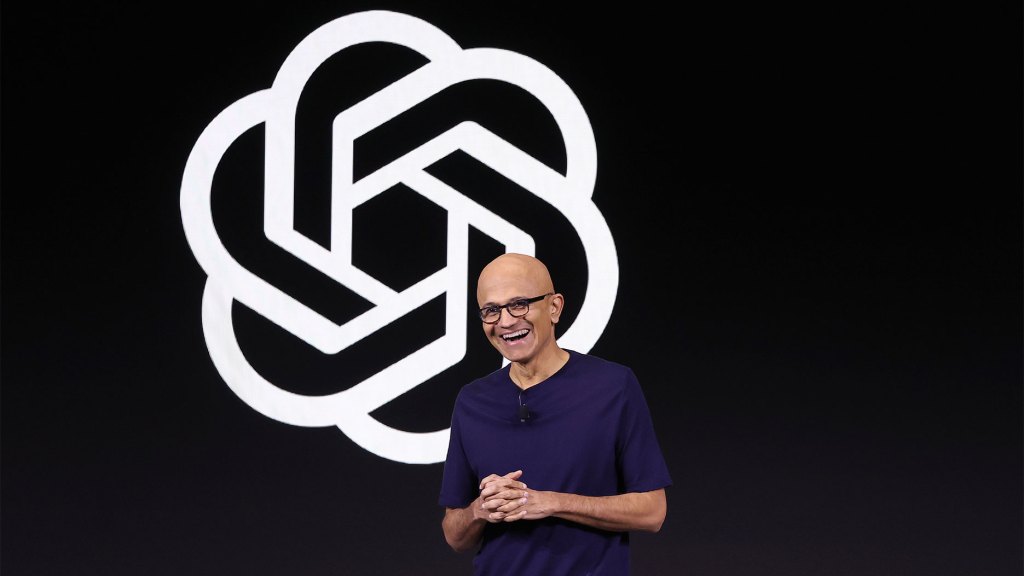OpenAI and Microsoft: Tensions Rise as Partnership Evolves

Image Credit: Justin Sullivan / Getty Images
Recent reports indicate growing strain between OpenAI and Microsoft, two major players shaping the artificial intelligence landscape. According to the Wall Street Journal, discussions within OpenAI have included possible public accusations of Microsoft engaging in anticompetitive practices and considering a federal review of their ongoing agreement.
Pushing Back Against Control
The relationship between the AI startup and tech giant has grown increasingly complicated. As OpenAI pushes to weaken Microsoft's hold over its proprietary technology and computing infrastructure, it faces the challenge of needing Microsoft’s endorsement to finalize its shift toward a for-profit model.
Standoff Over Strategic Acquisitions
A major point of contention is OpenAI’s $3 billion planned acquisition of Windsurf, an AI code generation startup. Reports suggest OpenAI is wary of Microsoft obtaining Windsurf’s intellectual property, which could strengthen Microsoft’s existing AI coding offering, GitHub Copilot. This concern has contributed to broader partnership tensions.
Shifting Alliances in the Cloud
OpenAI, once highly reliant on Microsoft’s Azure cloud infrastructure, has reportedly begun seeking alternative providers to reduce its dependency. This change signals a strategic realignment, as the company attempts to diversify its technical and business partnerships.
DeepFounder AI Analysis
Why it matters
The evolving dynamics between OpenAI and Microsoft are a signal of the rapidly shifting power plays in the AI industry. For startups, this highlights how alliances with established corporations can both accelerate growth and create long-term conflicts over strategic direction and control. The trend signals that as generative AI advances, intellectual property and control over core technologies are becoming even more critical competitive levers.
Risks & opportunities
The main risk is that founders relying on big tech partnerships may face unexpected constraints or legal disputes as priorities change. On the upside, these fissures could open space for strategic partnerships with emerging cloud providers, or new standards for more equitable AI development collaborations. Historically, when major players clash, it has often led to regulatory scrutiny and opportunities for startups to offer neutral, interoperable solutions.
Startup idea or application
A promising startup idea is an independent AI intellectual property marketplace and management tool—helping early-stage AI companies safeguard, license, and negotiate their IP transparently with larger partners. Additionally, developing AI cloud portability solutions could help startups avoid vendor lock-in and build more resilient, multi-cloud platforms for future-proofing their innovations.
AI Partnerships Microsoft OpenAI Startup Strategy
Visit DeepFounder AI to learn how to start your own startup, validate your idea, and build it from scratch.
📚 Read more articles in our DeepFounder AI blog.

Comments ()